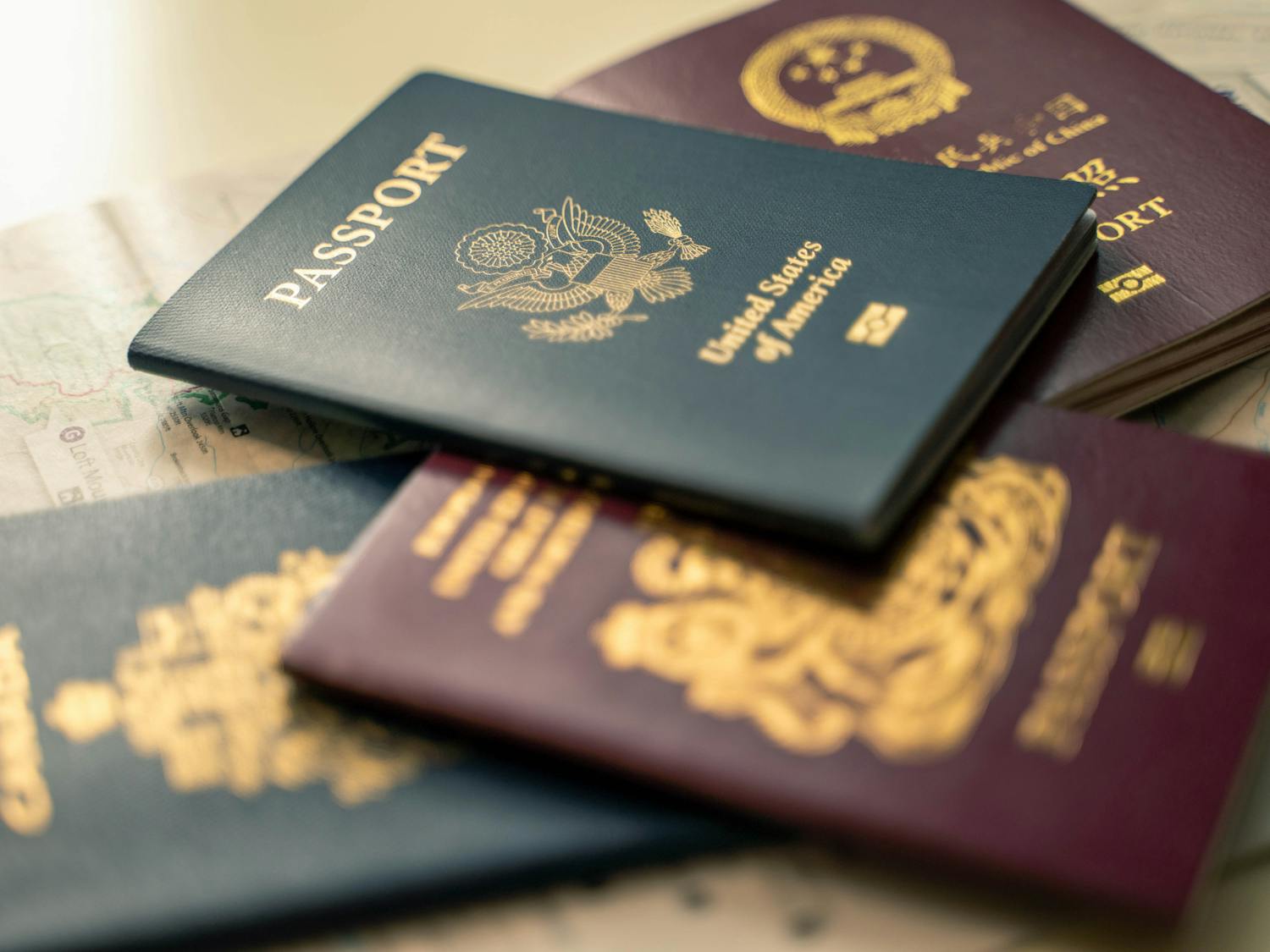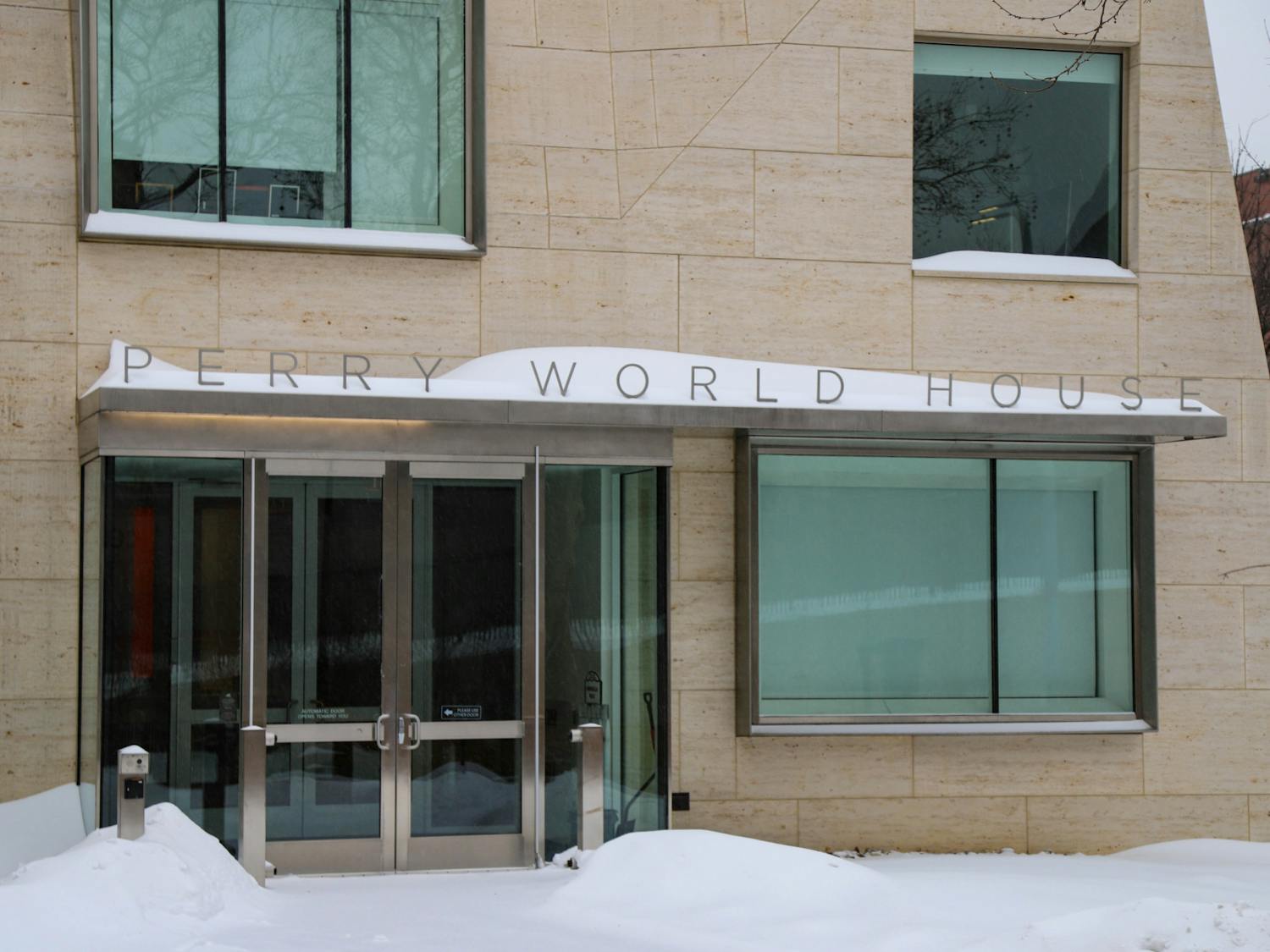Perry World House held a virtual event featuring Johns Hopkins University School of Advanced International Studies professor Daniel Markey to discuss his new book on Chinese and Eurasian geopolitics.
Markey, academic director at Johns Hopkins University's SAIS Global Policy Program published "China’s Western Horizon: Beijing and the New Geopolitics of Eurasia" in March. At the virtual event, he discussed the impact of COVID-19 on international politics, China's detaining of Uyghur Muslims, its trade war with America, and its infrastructure project, the Belt and Road Initiative.
Markey began the event by describing the goals of his book. He discussed how China’s geopolitical aspirations for large global influence have impacted the complex relationship it has with Eurasian countries. The influence of China, he said, has had unique domestic impacts on nations like Kazakhstan, Pakistan, and Iran. He added that to improve its standing in global competition with China, the United States must boost its relationships with and understanding of Eurasian states.
“If our global competition with China frames in large ways what we are doing in this region, we should see that in localized terms, we should compete for closer relations with states in the region, understanding what their interests are," he said.
Because each country is self-interested in international relations, Markey said they will take advantage of whatever help is being offered to them, regardless of who is offering it. Although the United States views China as an ideological rival, Eurasian countries will be most concerned with advancing their own political agendas, and will readily accept help from any foreign nation, claimed Markey.
“Each of these countries in Eurasia and elsewhere, being an actor or a self-interested actor in our own life, will seek to take advantage of what is being offered. And if what is being offered is coming from China and that meets their needs, they will take advantage of that if what is being offered and meets their needs is better than what comes from the United States,” claimed Markey.
In response to how the COVID-19 pandemic has affected China’s standing in the world, Markey said currently, China seems to have controlled the pandemic, giving it an opportunity to emerge ahead of the world as the dominant superpower. But Markey said the country's tendency to stress its own greatness without fully acknowledging the collective worldwide struggle has stifled this progression.
The impact of the current U.S. administration has resulted in the United States' loss of partnership and alliances with Eurasian countries which could have helped keep China in check, Markey said.
RELATED:
Estonian ambassador talks applying international law to cyberspace at PWH event
PWH panel says Biden will strengthen foreign alliances, face tension with China and Russia
Despite this loss, the U.S. has been able to create a close relationship with India. This is especially clear in the relationship between President Donald Trump and Prime Minister Narendra Modi. In regards to the coming Biden-Harris administration, Markey said it will not only need to continue this relationship with India, but must also reaffirm the U.S.'s commitment to its traditional allies to constrain China's rise.









